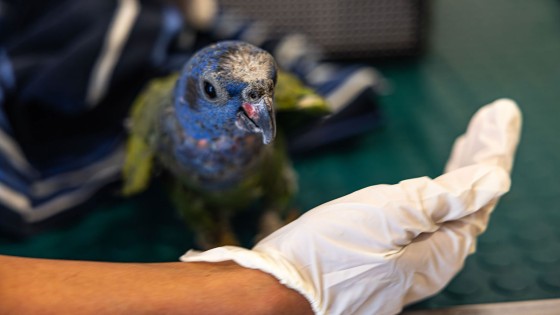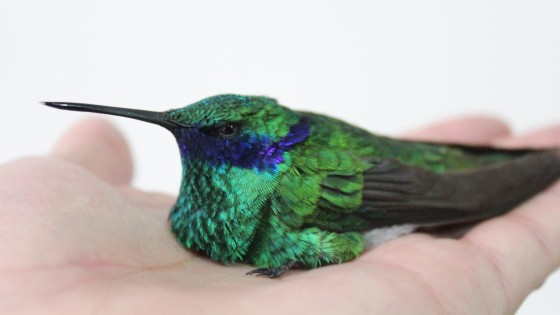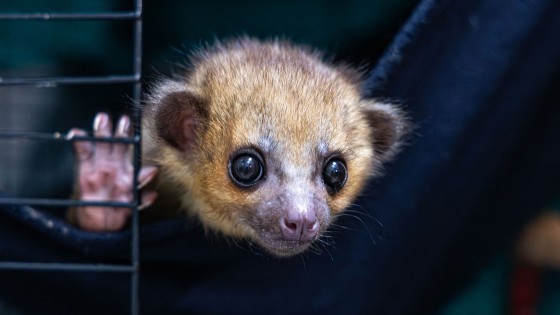TUERI Wildlife Hospital
Because Fauna Matters
TUERI is the first Wildlife Hospital in Ecuador, attending to approximately 1,500 sick, injured, and orphaned wild animals annually, from up to 150 different species. Our patients, who are often victims of illegal trafficking, poaching, and human cruelty, receive specialized veterinary medical care free of charge 24 hours a day, 365 days a year, from a team of dedicated professionals and students committed to their work.
Additionally, we educate future veterinarians and biologists with a commitment and sensitivity towards biodiversity. We also develop research projects in the four regions of Ecuador aimed at biodiversity conservation and the harmonious coexistence between humans and wildlife.
We maintain agreements with the Ministry of the Environment, the National Police, and the Prosecutor's Office, offering specialized training, forensic veterinary services, and veterinary assistance on issues related to the growing threats faced by wildlife.
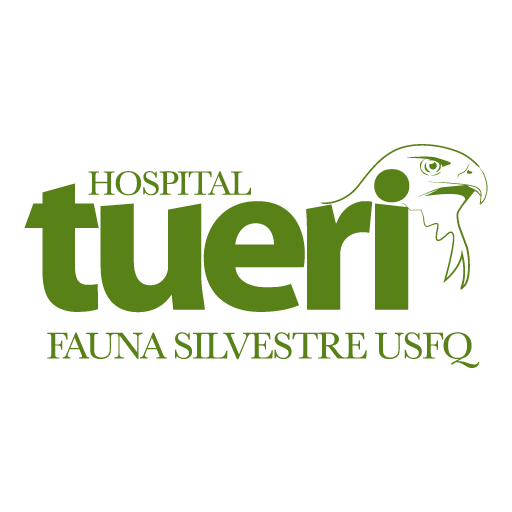
Contact Us
Do you have a wild animal in need of veterinary services?
Bring it to our facilities; we receive wild animals that require medical attention 24 hours a day, 365 days a year. All our services are free of charge.
Do you have an emergency with a wild animal that requires medical attention?
Call us on our cell phone: (+593) 990 537 004 or contact us via WhatsApp.
Do you know of a wild animal that is a victim of trafficking or illegal possession?
Contact us, and we will anonymously report your complaint to the national authorities. Send us all the details to our email tueri@usfq.edu.ec or contact us via WhatsApp.
Help us to continue saving lives
You can help us with an open donation of any amount or subscribe to one of our donor categories:
TIGRILLO MANCHAS Category - 200 USD/year
MONITA NARA Category - 350 USD/year
OSO YUMBO Category - 500 USD/year
Donations can be deferred from 3 to 24 months with your credit card.
100% of the donations are used to cover expenses for food, medication, laboratory analysis, transportation, medical treatments, and surgeries for our patients.
Hospital activities
Our team of veterinarians is trained to provide emergency care, hospitalization, and intensive care to wild animals within our facilities, which are specially adapted to their needs.
We support the Ministry of the Environment, National Police, Fire Department, and other governmental institutions, management centers, and non-governmental organizations (NGOs) dedicated to the rescue and rehabilitation of wild animals.
We are part of the Universidad San Francisco de Quito USFQ. We support the professional development of students in Veterinary Medicine, Biology, and Biotechnology.
We offer training workshops for people involved in the medical care, recovery, and rehabilitation of wildlife.
We promote nature conservation and disseminate respect for wildlife. We work with schools and colleges and conduct outreach programs with society.
In the Animal Health Laboratory of the Institute of Tropical Biological Diversity IBIOTROP, we systematize all data on the wild animals we attend to at the Hospital and analyze them to understand important factors for the conservation of threatened species.
Our Patients
At the TUERI Wildlife Hospital, we attend to animals from over 150 species from all over the country. Here are some of their stories:
Collared Peccary
This female peccary was held captive in Yaruquí and was handed over by the National Police Environmental Protection Unit to the TUERI-USFQ Wildlife Hospital. Unfortunately, she is very docile and approaches humans, behaviors acquired in captivity that complicate her release into the wild, as she might struggle to find her own food and survive. Our patient belongs to the species Collared Peccary (Dicotyles tajacu) and is native to the lowlands of the Coast and Amazon regions, not naturally found in the Sierra. She currently lives in a rescue center with other members of her species.
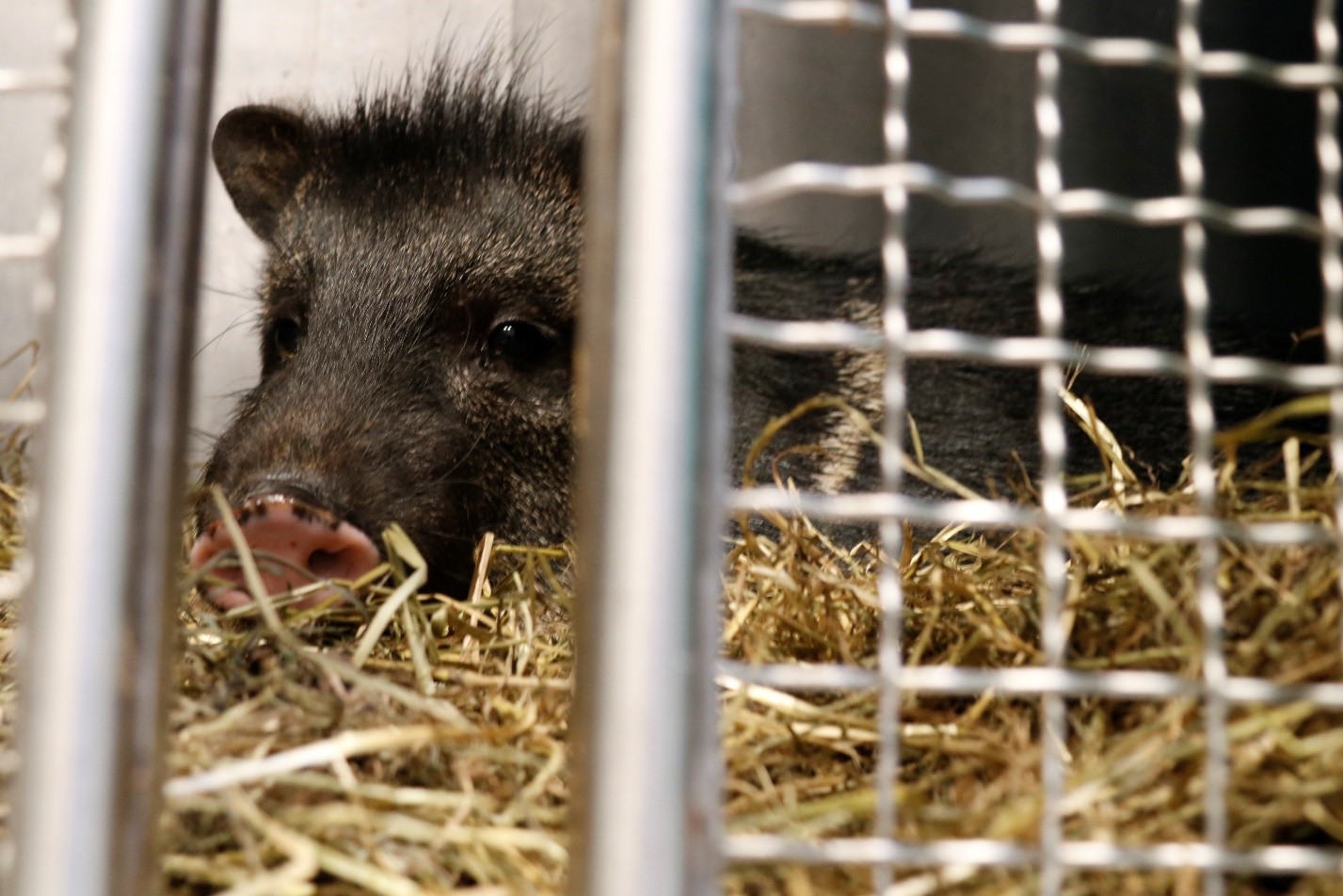
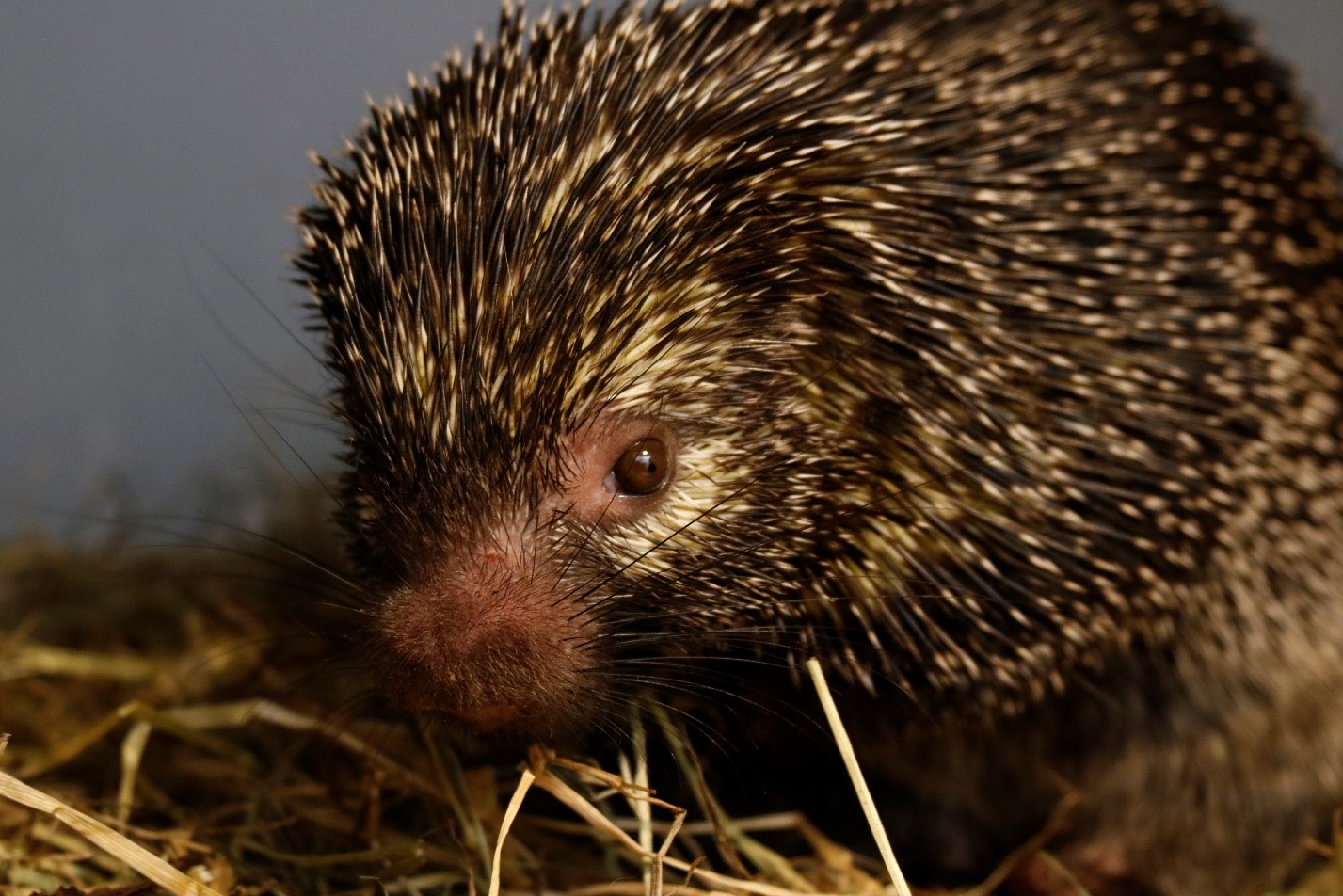
Andean Porcupine
When fires occur in the valleys around Quito, it is common for animals with burn injuries to arrive at our hospital. This case involves an Andean porcupine (Coendou quichua). This individual was treated by our veterinary staff and made a full recovery. We are pleased to inform you that after his treatment, this porcupine was released back into his habitat.
Purple Gallinule
During their migratory season, these beautiful purple gallinules (Porphyrio martinica) often arrive at our hospital. They travel from the lowlands of the southern part of the country and tend to arrive dehydrated, malnourished, and occasionally injured by dog or cat attacks. Upon reaching Quito, they encounter a city instead of the wetlands where they historically rested and recovered from their long journey.
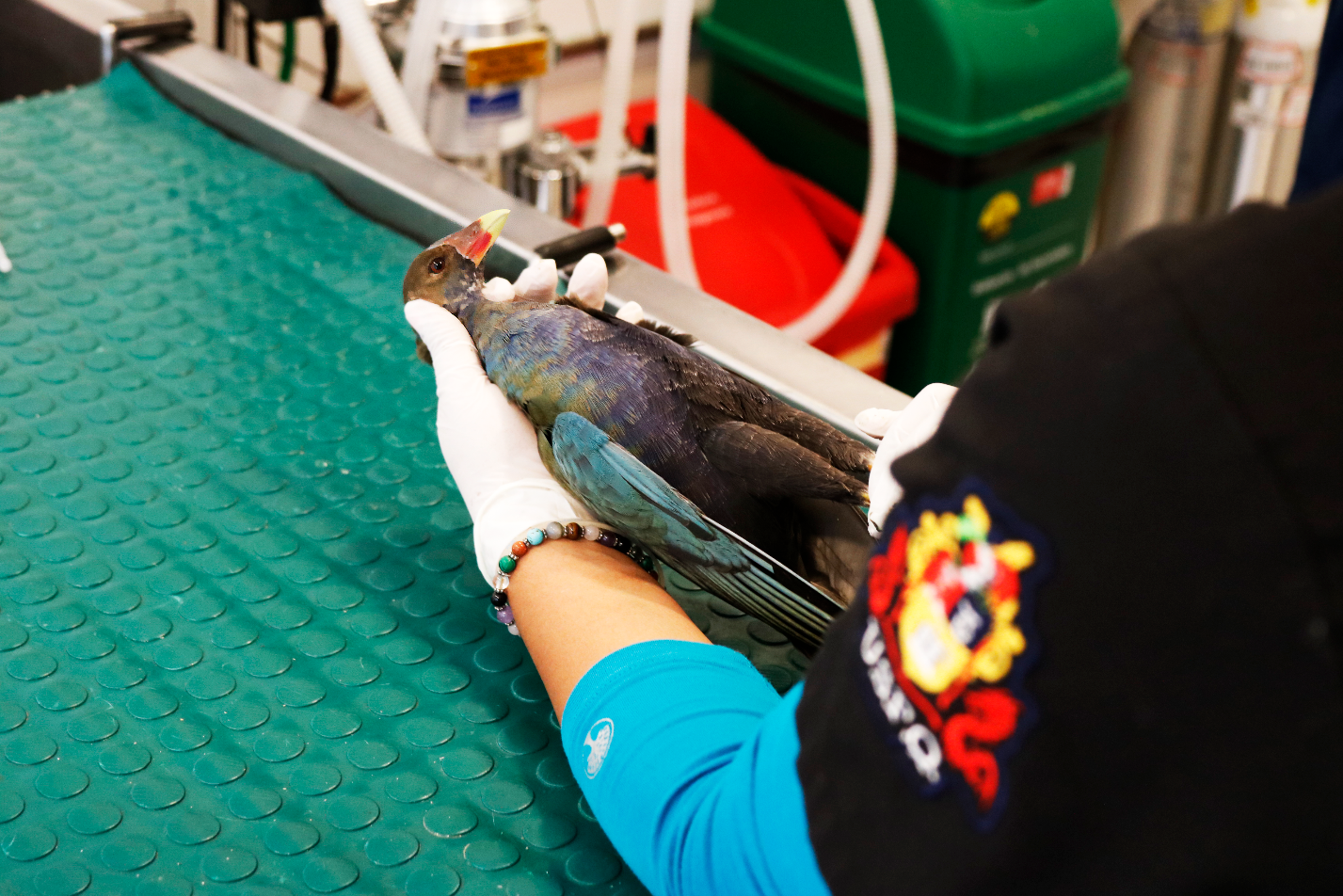
CONTACT
Address
We are located next to the Veterinary Teaching Hospital of Universidad San Francisco de Quito USFQ: Diego de Robles and Pampite streets (diagonally across from the main entrance of USFQ), Cumbayá, Quito 170901, Ecuador.
Email TUERI
tueri@usfq.edu.ec
Cell phone TUERI
099 053 7004

